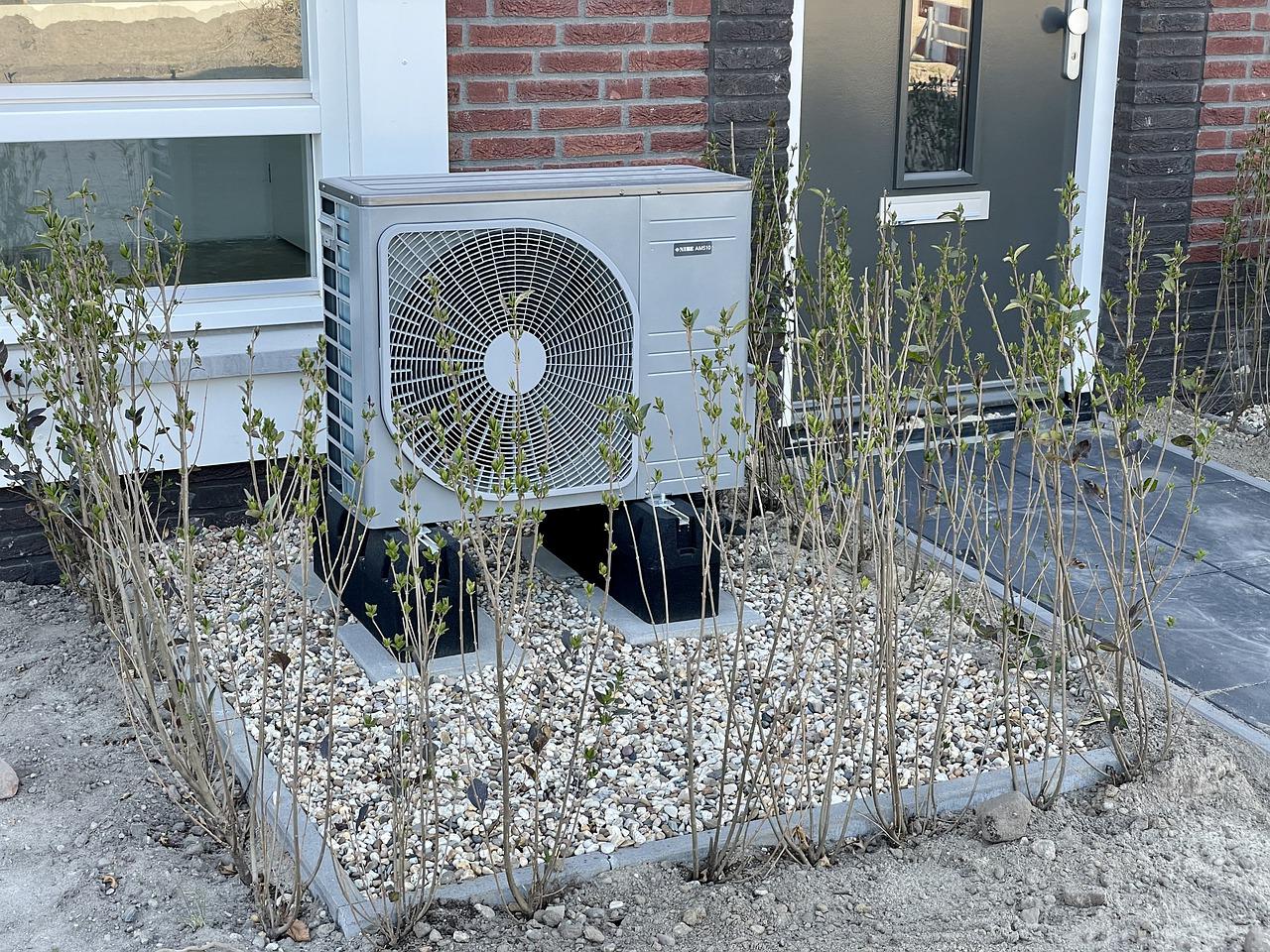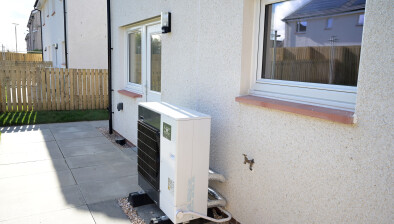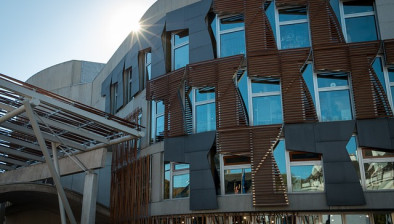Scotland’s net zero future at risk without funding boost for clean heat, IPPR finds

Scotland is at risk of missing its net zero targets unless it swiftly increases the speed of transitioning from oil and gas boilers to clean heat sources, a new report has concluded.
IPPR Scotland said that the Scottish Government needs to accelerate the transition from the current levels of around 5,000 homes annually to well over 100,000 by 2030. A major commitment to fund this transition is urgently needed to ensure that it is fair and affordable, it said.
The question of who pays for the cost of this transition is essential as Scotland moves towards its net zero targets. To ensure a just transition, the new report published by IPPR Scotland, in partnership with Oxfam Scotland and the Scottish Federation for Housing Associations, proposes a fair and sustainable funding option by creating a new system of grants that reduces existing inequalities.
The report recommends:
- The Scottish Government should provide grants to those transitioning to clean heat systems throughout the transition as demand grows
- People should be asked to contribute based on their income, not on whether they live in homes that are expensive or cheap to retrofit
- Grants should fully fund the costs for low-income families
- Support for people living in social housing should match the support extended to owner-occupiers and private renters.
This package would need the ‘heat in buildings’ budget to roughly triple from its current £360 million to around £1 billion per year. The Scottish Government will need to fill that gap through progressive taxation and the report explores the fair use of Income Tax in Scotland as an illustrative example. The research shows that grants would leave low- and middle-income families better off, even after tax, than if they had to pay for their retrofit outright.
IPPR calls on Scotland’s policymakers to assure residents that the transition to clean heating in Scotland will be fair. It says that a significantly clearer long-term policy on grant support should accompany the forthcoming Heat in Buildings bill, which proposes new rules requiring households to meet energy standards and use clean heating.
Dave Hawkey, senior research fellow at IPPR Scotland, said: “Everyone, be they homeowners or renters, rich or poor, deserves a warm home in a future without fossil fuel boilers. But time is running out. If we don’t drastically increase our installation rates for clean heat and energy efficiency, we will miss our net zero targets.
“But people are understandably worried by the cost. This is why we are proposing a sensible, long-term and fair funding model for the government to use so we can get rid of 20th century gas and oil boilers and get in 21st century clean heat like heat pumps.”
Lewis-Ryder Jones, advocacy adviser at Oxfam Scotland, added: “If we’re to avoid the worst impacts of climate change – with millions more lives being unnecessarily lost or ruined – then rich countries like Scotland can’t continue to miss their legally binding emission reduction targets. But meeting those targets requires significant new action, including fundamentally changing the way we heat and insulate our homes. That will only happen at scale and speed if the way it is paid for is fair and protects those on the lowest incomes.
“Those with more money, who on average also pollute more, should pay more.
“The UK and Scottish Governments must use their respective powers to make common sense changes to our tax system to fairly raise more money. We must ensure the biggest and richest polluters are compelled to cough up to cover the high costs of tackling the climate crisis they have disproportionately caused.”
Sally Thomas, chief executive at the Scottish Federation of Housing Associations (SFHA), commented: “Social homes are already the most energy-efficient of any in Scotland, with housing associations leading the way in the transition to a cleaner, greener future.
“Housing associations are fully committed to reducing carbon emissions and playing a leading role in helping Scotland meet its net-zero commitments. However, that transition must be a fair one, not where tenants pay the price.
“That’s why, as this important report shows, the Scottish Government must commit to a long-term funding plan that will support housing associations in meeting the costs of delivering clean, green affordable homes.”
Responding to the report, Gillian Campbell, communications and public affairs lead at the Existing Homes Alliance (EHA), said: “Not only does the transition require funding, but the Parliament must set out clear and robust regulations to give homeowners and landlords much needed clarity on what needs to be done and by when. This will provide certainty to industry allowing them to scale up and drive down emissions, but also drive down costs” Alongside this, people will need support and advice to make compliance easy and fair.
“Governments the world over are introducing the necessary policies and regulation to support the switch to clean heating and Scotland – once known for its climate policies - is currently at risk of getting left behind.
“That is why the upcoming Heat in Buildings Bill is so crucial, and why we are encouraging people to call for fair and robust regulations in responses to the consultation on its proposals by the deadline on Friday 8 March.”
You can read a summary of the EHA response here.
















